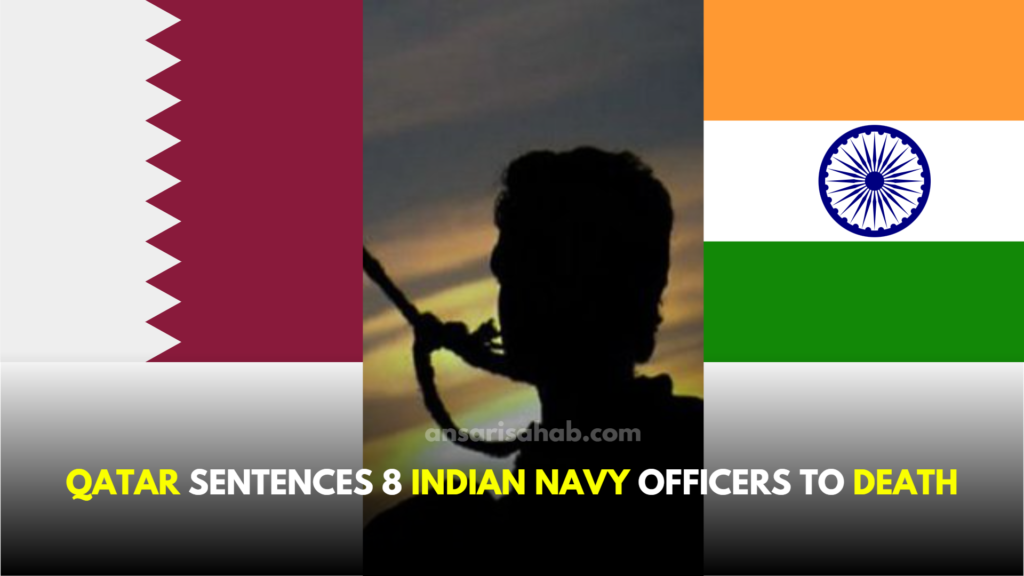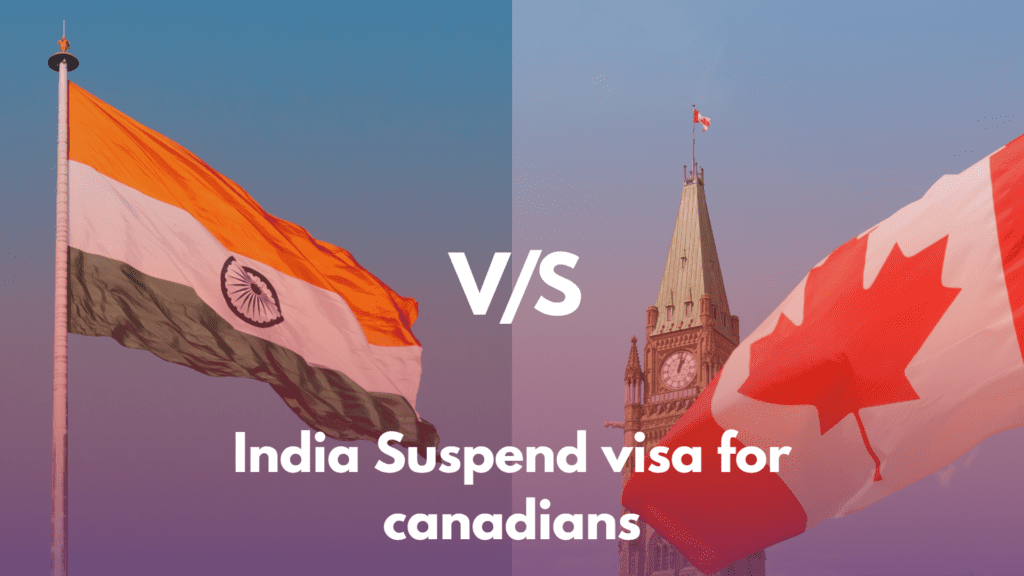On October 27, 2023, a controversial verdict shook the international community as a court in Qatar sentenced eight retired Indian Navy officers to death on charges of espionage. The case has not only raised concerns about the use of the death penalty in Qatar but has also strained diplomatic relations between India and Qatar. In this comprehensive blog, we will delve into the details of this unfolding crisis, the background of the convicted officers, the legal process in Qatar, the Indian government’s response, and the broader implications of this case.
The Background:
The eight Indian Navy officers in question were working for Dahra Global Technologies and Consultancy Services, a private defense company in Qatar, which provides training and services to Qatar’s military. They were arrested in August 2022 and have been in detention since then. The Qatari government accused them of espionage, with India vehemently denying these allegations.
The Eight Indian Navy Officers:
- Captain Navtej Singh Gill: A retired submarine captain, he previously commanded the Indian Navy submarine INS Chakra, a Russian-built nuclear-powered submarine.
- Captain Birendra Kumar Verma: A retired aircraft carrier captain, he commanded the Indian Navy’s largest aircraft carrier, INS Viraat.
- Captain Saurabh Vasisht: A retired frigate captain, he commanded the Indian Navy frigate INS Teg.
- Commander Amit Nagpal: A retired helicopter pilot with years of service in the Indian Navy.
- Commander Purnendu Tiwari: A retired missile officer who served on Indian Navy warships equipped with guided missiles.
- Commander Sugunakar Pakala: A retired marine engineer with extensive experience on Indian Navy warships.
- Commander Sanjeev Gupta: A retired logistics officer responsible for the logistics of the Indian Navy.
- Sailor Ragesh: A retired sailor who served on Indian Navy warships for many years.
Qatar’s Legal Process:
The legal process in Qatar is shrouded in secrecy. The trial of these officers began in March 2023 and was held in secret, with no access granted to the media. This lack of transparency has raised concerns about the fairness of the trial. The Qatari authorities have not disclosed the details of the evidence presented during the trial.
In Qatar, the death penalty is administered by a firing squad. Convicts are typically blindfolded and tied to a chair before a firing squad shoots at their heart.
Read Also: Hobby Airport Plane Crash: What Happened and What We Know So Far
The Indian Government’s Response:
The Indian government reacted with shock and dismay to the verdict, describing it as “deeply unjust” and “unacceptable.” India is exploring all legal avenues to secure the release of these officers and will provide them with necessary legal assistance.
Tensions Between India and Qatar:
The case has led to significant diplomatic tensions between India and Qatar. India summoned the Qatari ambassador to protest the verdict and has stated its intention to review its relations with Qatar. This crisis highlights the complex relationship between the two nations.
The Use of the Death Penalty in Qatar:
The death penalty is legal in Qatar but is rarely used. It is typically reserved for the most serious crimes, including murder, espionage, and drug trafficking. Concerns have been raised about the use of the death penalty, particularly in cases involving foreign nationals, as it may not always guarantee a fair trial.
Strained Diplomatic Relations:
This case has not only put the spotlight on the use of the death penalty in Qatar but has also strained diplomatic relations. It underscores the need for countries to protect the rights of their citizens working abroad and the challenges in maintaining diplomatic relations in the face of such crises.
What Can Be Done to Help the Officers:
The Indian government is committed to securing the release of the eight officers and is exploring all possible legal avenues. The international community can play a crucial role in raising awareness about the case and pressuring Qatar to reconsider the verdict. Financial support to the families of the officers is also essential during this challenging time.
Conclusion:
The sentencing of the eight Indian Navy officers to death in Qatar has escalated into a serious diplomatic crisis with far-reaching implications. The case not only highlights concerns about the use of the death penalty in Qatar but also underscores the importance of protecting the rights of individuals working abroad. The international community must stand united in advocating for justice and fairness in this case, as the lives of these eight officers hang in the balance. The Indian government’s commitment to securing their release is commendable, but it is imperative that global pressure is applied to ensure a just resolution.









